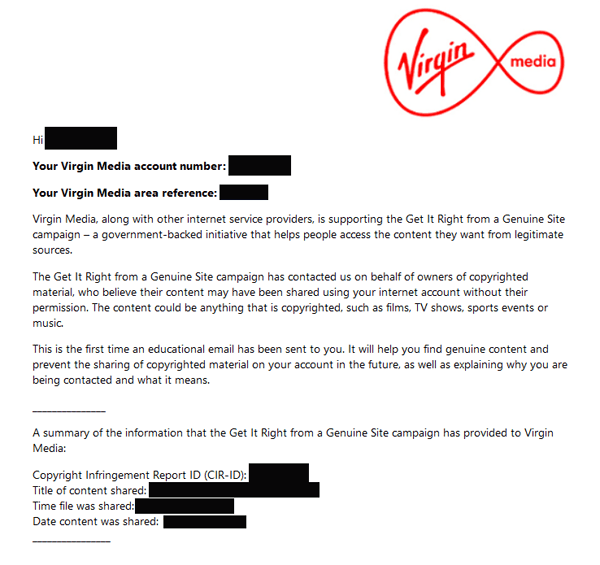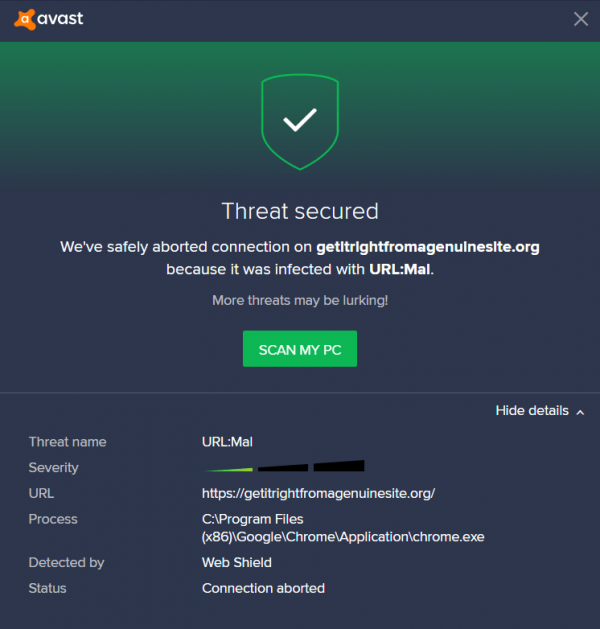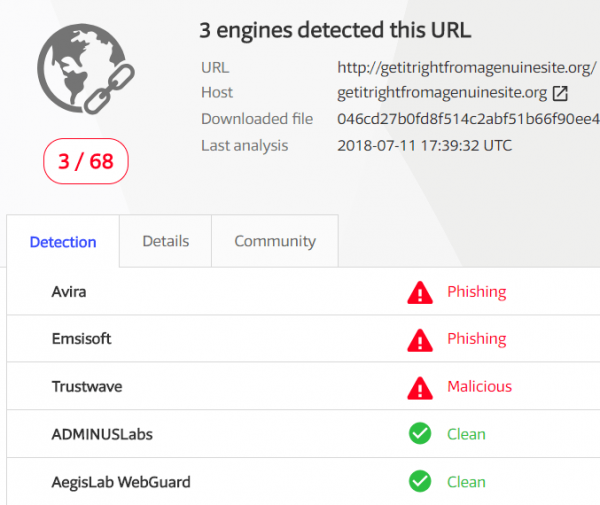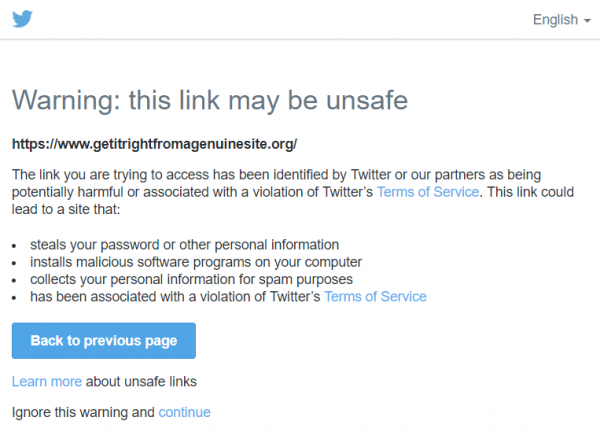 We’re all familiar with the statement that piracy is “killing” the music industry.
We’re all familiar with the statement that piracy is “killing” the music industry.
It’s one of the main arguments used to argue in favor of stronger copyright enforcement and legislation.
The underlying idea is that strong copyright protection ensures that artists get paid. More money then opens the door to more artistic creations. But is that really the case?
Glynn Lunney Jr, law professor at Texas A&M University, has his doubts.
When the first wave of widespread online piracy hit in the late nineties, copyright holders called for stronger protections. This eventually resulted in the Digital Millennium Copyright Act, commonly known under the acronym DMCA, which was passed nearly twenty years ago.
At the time, Professor Lunney declared that this would be the death of copyright. The DMCA would mainly serve the interests of large monopolies, not the independent creators, he envisioned. This would kill the true purpose of copyright, which is the progress of arts and science, as defined by the constitution.
In a new follow-up essay, Lunney looks back at his earlier predictions, with fresh evidence. As is turns out, he was wrong. The DMCA did little to stop the piracy epidemic. But while music industry revenues tanked, there was still plenty of creative output.
The professor doesn’t retract his early criticism of the DMCA, but he now sees that copyright never really served to promote the public interest.
In an ideal world, more money should lead to more creative output, but according to data presented Lunney’s new essay, the reality is quite different. Instead, it suggests that more money leads to less creative output.
Relying on music sales data dating back to the fifties, adjusted for inflation, and comparing that to a database of most-streamed tracks on Spotify in 2014, the professor reveals an interesting trend. There is no greater preference for music created in the high revenue periods, on the contrary in fact.
This is backed up by other data presented in Lunney’s book Copyright’s Excess, which also fails to find evidence that more money means better music.
“There is no evidence that more money meant more or better music. To the contrary, when I found a statistically significant correlation, I found that more money meant fewer and lower quality hit songs,” the professor writes.
The question is, of course, why?
According to the professor, it’s simple. Overpaid artists don’t work harder; they work less.
“These misdirected and excess incentives ensure that our most popular artists are vastly overpaid. By providing these excess incentives, copyright encourages our superstar artists to work less,” Lunney writes.
This suggests that more money for the music industry means less music. Which is the opposite of the true purpose of copyright; to facilitate the progress of arts and science.
It’s a controversial thought that relies on quite a few assumptions. For example, looking beyond the big stars, more money can also mean that more artists get paid properly, so they can make a decent living and dedicate more time to their music.
Also, even in the lower revenue periods, when music piracy is at its height, the top artists still make millions.
The professor, however, is convinced by the data he sees. Adding to the above, he shows that during high revenue periods the top artists made fewer albums, while they produced more albums and hits during tough times.
“As a result, when revenues were high for the recording industry, as they were in the 1990s, our top artists produced fewer studio albums and fewer Hot 100 hits in the first ten years of their career,” Lunney writes.
“In contrast, when revenues were low, both in the 1960s before the sound recording copyright and in the post-file sharing 2000s, our top artists produced more studio albums and more Hot 100 hits.”
Among other things, the data show that the most prolific artists in the study, the Beatles and Taylor Swift, had their first Hot 100 hits in 1964 and 2006, respectively. Both were low revenue years.
It’s a thought-provoking essay which undoubtedly will be countered by music industry insiders. That said, it does highlight that there’s not always a positive linear link between music industry revenue and creative output.
“For the United States recording industry over the last fifty years, more money has not meant more and better music. It has meant less. The notion that copyright can serve the public interest by increasing revenue for copyright owners has, at least for the recording industry, proven false,” Lunney notes.
“Copyright is dead. The DMCA did not, however, kill it. Copyright, in the sense of a law intended to promote the public interest, never existed at all. It was only ever a dream,” he adds.
And the DMCA?
Ironically, major copyright groups are increasingly complaining that the ‘outdated’ law is not fit to tackle the ongoing piracy problem. Instead, they see the DMCA’s safe harbor as a major roadblock which allows services such as YouTube to “profit from piracy.”
The same YouTube, however, is used by tens of thousands of artists to create content and get their work out to the public. It’s proven to be a breeding ground for creative talent, some of which have grown out to become today’s biggest stars. Even those who started as ‘pirates’…
Copyright, as we know it today, is not dead, but it sure is complicated.
Source: TF, for the latest info on copyright, file-sharing, torrent sites and more. We also have VPN reviews, discounts, offers and coupons.

 This week we have three newcomers in our chart.
This week we have three newcomers in our chart. We’re all familiar with the statement that piracy is “killing” the music industry.
We’re all familiar with the statement that piracy is “killing” the music industry.
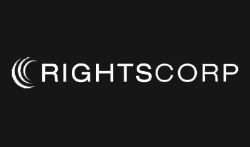 Two years ago, several major record labels
Two years ago, several major record labels 
